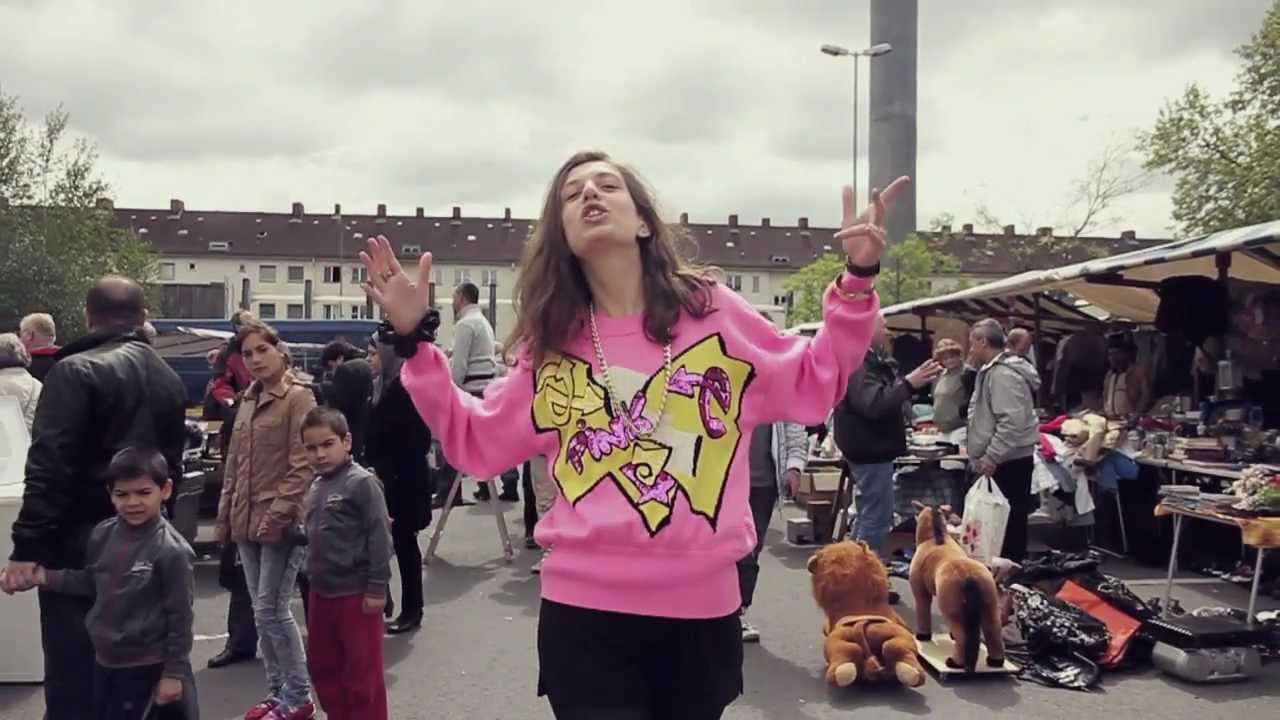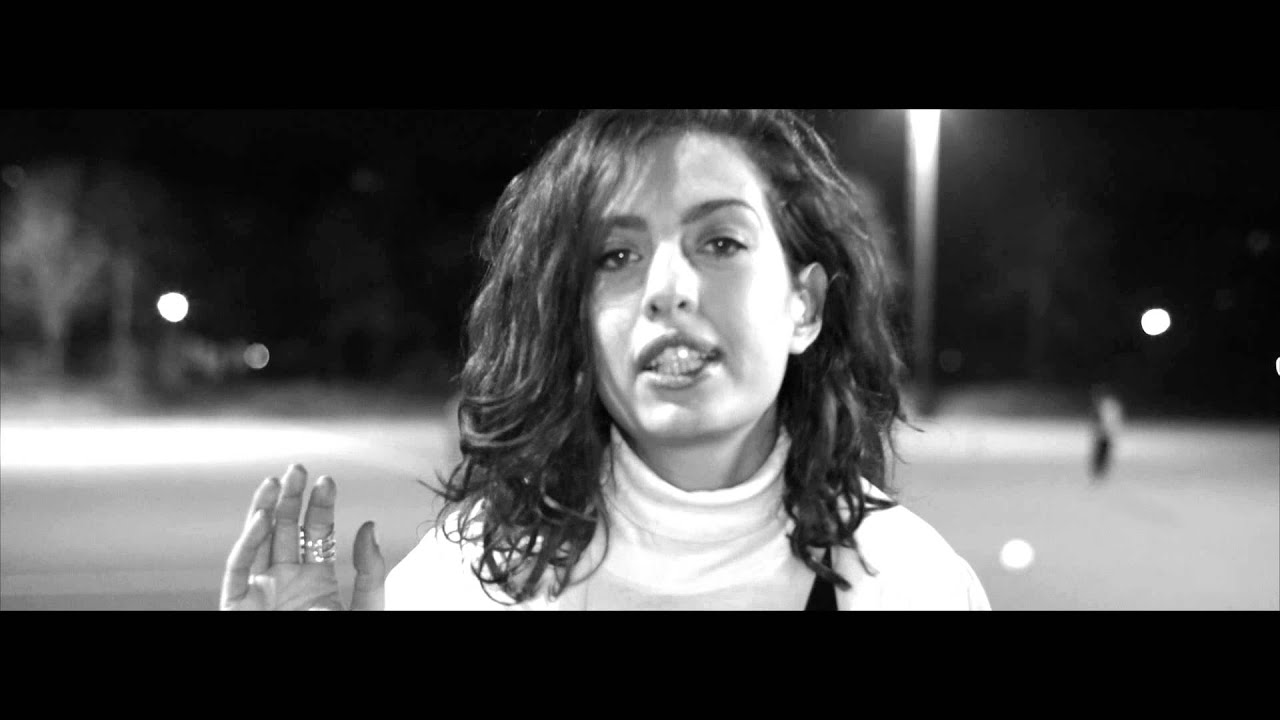Bulgarian producer and songwriter Denitza Todorova, aka DENA, initially caught ears last year with her pop-rap-dance collages – especially the satirical and infectious ‘Cash, Diamond Rings, Swimming Pools’ – and this spring released her solo debut album Flash via the !K7 label. By looking back fondly at 90s musical sensibilities through the lens of contemporary rap and dance, it’s a curiously affecting album that feels suspended somewhere between now and then. While the production varies from dancehall-infused house to measured soul ballads, the album is held together by Todorova’s elliptical lyricism.
Coupling uniquely expressed emotional observations ("I’ll deactivate my heart for all of this one feeling") with catchy and anthemic choruses ("Haters gonna hate / lovers gonna love / one for thing is for sure / If you mess with me you get the total ignore"), Flash is both a personal and festive experience.
The Quietus spoke to DENA during a recent visit to London about her adopted hometown of Berlin, her ambivalence toward social media and that brilliant video for ‘Cash, Diamond Rings, Swimming Pools’. In conversation she’s an ebullient and thoughtful presence, discussing a playful yet serious approach to music and life.
You’ve said that two of your biggest influences and heroes are Sun Ra and J. Dilla. What made you get into producing your own music, and how did their music influence you?
Denitza Todorova: It’s hard to tell the differences between my influences and the artists who I stand for, who I’m a massive fun of. So Dilla and Sun Ra are the ultimate musical gods in my opinion, but I don’t think they influence the music I make any more! There’s no straight connection. Although J. Dilla was a beat-maker, and me as an owner of an MPC [laughs], sometimes when I’m programming beats I’ll imagine that I’m Dilla.
When I first moved to Berlin in 2005 I had this punky DIY band, and when we split up I was searching for ways to record my own demos and sketches. Friends of mine were using MPCs for everything, so I borrowed the MPC 1000 and started to learn how to program beats – this is the tool I used for all the demos of the songs that ended up on the album. Originally, I would record beats from the MPC onto a four-track and work with different machines. But the big change came when I started writing songs that were more rooted in the vibe of ‘pop music’ and I realised I just wanted to sing and perform. So I started working with my producers from Berlin and live musicians. Nowadays, it’s weird because I don’t even use the MPC anymore – I think it’s much more interesting to work with other people’s instrumentals and different producers, although ideally I would do everything on my own.
Berlin’s a city with a lot of cultural baggage. Do you dive into its many scenes, or try and shelter yourself from them?
DT: I think it’s a combination of the two. In Bulgaria, the scene is so small, so Berlin was a great starting point for me to meet people and network and be inspired. There’s a lot of techno that I’m not too into, and I’m so focused on working that if I’m not playing gigs on the weekend I’d rather stay at home than go out – I’ve never experienced that whole staying up for two days thing that’s the fame of Berlin.
"Networking"? That reminds me of your song ‘Games’ where you come down pretty harshly on those careerist ‘networkers’.
DT: [Laughs] I don’t even know why I said that word! It’s funny talking about Sun Ra and networking – the other day I saw the ultimate picture on the internet of Kim Gordon and Sun Ra hanging out at some point in the 80s, and the caption was, "Sun Ra and Kim Gordon networking". Yeah ‘Games’ is a bit about those people who are networking, but pretending it’s all personal and there’s a friendship involved.
The video for ‘Cash, Diamond Rings, Swimming Pools’ is amazing.
DT: Thanks. We shot it in this neighbourhood in Berlin – as you can tell, they didn’t know we were turning up. We went for two days, but by the second a lot of the people at the market already knew us and it was a really friendly situation – they were feeling it. It was super cool. The inspiration for that came from this gangster flea-market in Bulgaria where people actually… the vibe isn’t so friendly there, so shooting in Germany was the safer option! But I did shoot a video in Bulgaria for this song called ‘Guestlist’. It was the ultimate upgrade. It was like this road movie we filmed for four days in different parts of the country – we shot a prom night celebration but it looked so freaky.
People have wondered about the amount of satire versus glorification in your songs.
DT: Yeah it’s interesting, especially with ‘Cash, Diamond Rings, Swimming Pools’ – because it repeats so much in the song it’s easy to miss that, if you listen closer, I’m saying I actually don’t have these things and don’t want them. I’m questioning the whole lifestyle. The same goes for ‘Front Row Girl’ and ‘Guestlist’, there’s clearly this dialogue. I’m mixing up two different positions, so there’s always going to be a double meaning in a lot of the lyrics. It’s good that people are seeing it from different perspectives, though.
‘Flash’ is this metaphor for needing to add more light to see things more precisely on one hand, but it’s also reflecting about how these days everything flashes and flickers – our perception of time has changed so much that we perceive information in glimpses, like listening to songs in five seconds, watching clips of movies, always taking photos of stuff so you have proof you were there. I’m just playing with all these things.
In ‘Total Ignore’ you also dwell on the effects of technology and social media.
DT: It’s so weird, when I wrote ‘Total Ignore’, I didn’t even have a Facebook page or Twitter or anything. It was one of my first tunes. But it came from experiences of hanging out with my friends and everyone’s on their computers. It’s like we’re all living in this global internet café. Everything is blinking the whole time, something’s ringing, I have to reply to something, blah. Now, of course, I’ve given in and totally joined the internet club.
I think ‘Front Row Girl’ was the track from the album I ended up listening to the most.
DT: It’s like an extension of ‘Games’, it’s like volume two. It reflects the way I wrote all the songs for the album, in that I was playing the piano originally, since they all exist as acoustic versions. For ‘Front Row Girl’, we just left it as it was. We were thinking "Should it be a house track or a dance track?" and it became clear that I just wanted to leave the real sound as it was. A friend of mine who’s a super cool piano player came over and played the Rhodes for it. I guess that’s what happens when real musicians play with me, everything else I do is just looping bars!
I imagine that part of the unique way you phrase lyrics comes from English being your second language?
DT: Well, it’s kind of my third language, with German second and Bulgarian first. I studied in Germany, in German. Sometimes when I go back to Bulgaria and speak, a lot of people are like "Are you from here? Why do you speak so weird?" and sometimes I feel like, what is my real language!? In Germany too, they’re all like "Oh what a sweet accent" – I guess that’s the price you pay when you try to speak all the languages.
I did think about writing some lyrics in Bulgarian because it would probably open some new ways of thinking, it would be a cool experiment for me. As for German… not really! German has so much thought and logic in it, they’re killing the vibe a little bit – but not in a bad way. It’s nice to have spontaneous flaws, in your lyrics but German’s too serious.
What now for DENA?
DT: I’ve finally got to the point with my live show where the people I’m playing with are super cool, and I’m happy with that. I’m already brainstorming for the future and writing new material, but I’m going to press hold for a while now the album’s coming out. My songs are investigations about love and relationships – ‘Flash’ is literally about this flash into a moment of my life when I was influenced by certain vibes at a certain moment – but I see everything as a constant development, so I’m just looking forward to seeing where it goes.
DENA’s Flash is out now via !K7. She performs next week at London’s Birthdays on April 15th, before heading to Manchester’s Soup Kitchen (April 16th) and Glasgow’s Broadcast (April 18th).




